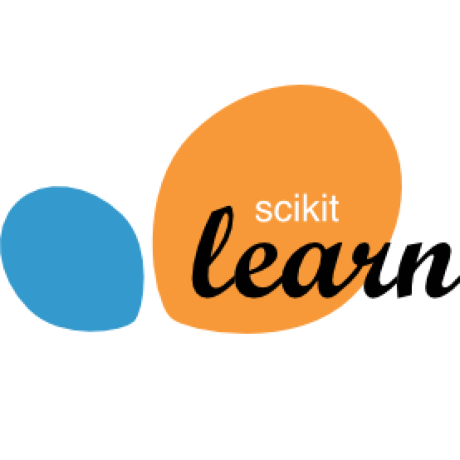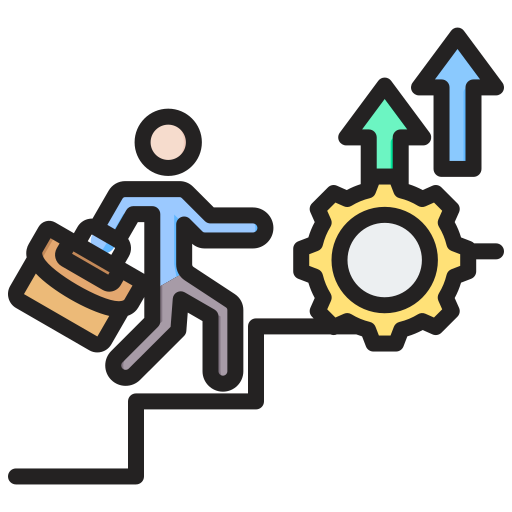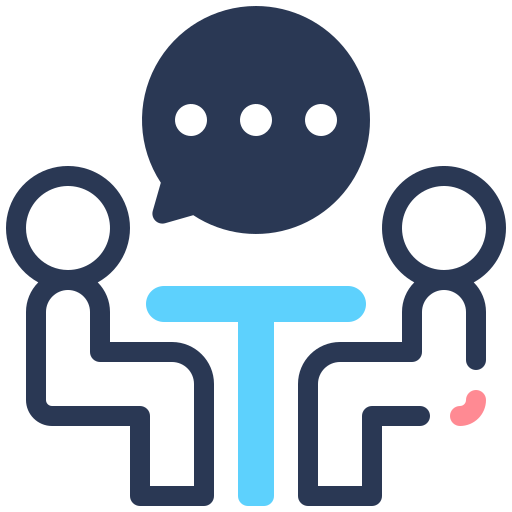Python For Machine Learning: The Scikit-Learn Bootcamp
Ever wondered how AI "thinks"? This 12-class course for ages 13-16 is your invitation to explore the inner workings of artificial intelligence.
Available Coaching Centers:
This course is a journey of discovery into the mind of a machine. Designed for curious and thoughtful teenagers, this curriculum goes beyond the headlines to explore the core principles that power AI. We'll start by decoding the fundamental concepts of machine learning, giving you a strong theoretical foundation before we write a single line of code.
Using Python, the language of AI, and powerful libraries like Scikit-learn, you will gain the hands-on skills to train models, analyze data, and build your own intelligent systems.
AI Fundamentals: Understand the core concepts of Artificial Intelligence and Machine Learning, including the difference between supervised and unsupervised learning.
Python Programming: Gain hands-on experience with Python, the industry-standard language for AI, and learn to use essential libraries like Scikit-learn.
Building AI Models: Learn to train, test, and evaluate your own predictive models to make informed decisions and predictions from data.
Real-World AI Applications: Explore practical applications of AI in computer vision (making computers "see") and natural language processing (making computers "understand" language).
Critical Thinking and Ethics: Develop an understanding of the critical challenges in AI, such as algorithmic bias, privacy, and the social impact of automation.
Hands-on Project Development: Build a portfolio of projects, including a predictive model, an image classifier, and a final capstone project that incorporates ethical considerations.
Lecture 1: What is AI?
- Description: An introduction to AI. We'll explore what makes a computer "smart" and look at the difference between following rules and actually learning.
- Project: A fun activity to compare how we learn vs. how an AI learns.
Lecture 2: Your First Language: Python
- Description: This class is a quick start with Python, the language of AI. You'll learn the basic words and rules needed to write simple programs.
- Project: Write a simple Python script to do math and work with text.
Lecture 3: Learning with Examples
- Description: We'll introduce the idea of algorithms as the "recipes" an AI uses. We'll see how an AI can predict things by looking at data.
- Project: Create a simple decision tree on paper to predict an outcome from a small list of data.
Lecture 4: Your First Smart Program
- Description: Time to build a real AI program! You'll use a Python tool called Scikit-learn to make an AI that can predict things.
- Project: Create a program that predicts video game scores based on how long someone plays.
Lecture 5: Feeding the AI Good Data
- Description: You'll learn why the data you use is so important. We'll focus on how to clean up messy data and pick the most useful parts.
Project: Improve your video game score predictor by cleaning up the dataset you used before.
Lecture 6: Is Your AI a Genius?
- Description: How do you know if your AI is working well? We'll learn how to test it using special evaluation methods to see if it makes good predictions.
- Project: Test your predictive model with new data to see how accurate it is.
Lecture 7: The AI's Eyes: Computer Vision
- Description: We'll explore how AI can "see" and understand images. You'll use a pre-trained AI to identify objects in a picture.
- Project: Build a Python program that can identify common objects in pictures you show it.
Lecture 9: The Creative AI
- Description: Explore how AI can create new art, stories, or music. We’ll discuss how generative AI works.
Project: Use a creative AI tool on the web to make a short story or a piece of art from a simple idea.
Lecture 8: The AI's Ears and Mouth: NLP
- Description: We’ll dive into Natural Language Processing (NLP), which helps computers understand human language. We'll build a basic tool that can figure out the emotion in a sentence.
Project: Create a program that analyzes a sentence and predicts whether the emotion is happy or sad.
Lecture 10: AI Bias: When AI is Unfair
- Description: AI can sometimes be unfair because of the data it learns from. We'll talk about bias and how to spot it.
- Project: Look at a sample of biased data and discuss how it might make an AI model unfair.
Lecture 11: AI and Your Privacy
- Description: In a world with smart devices, AI collects a lot of data. We'll talk about why privacy is important and how to be safe.
- Project: Create a list of things to check for in an app's privacy policy.
Lecture 12: Your Final Project: AI for Good
- Description: In this final class, you'll put everything together. You'll design an AI project that solves a real-world problem and also think about its ethical impact.
- Project: Design a plan for an ethical AI solution for a problem like waste sorting or traffic, and present your ideas to the class.
Amar Deep Rao

- 4 Instructor Rating
- Good Reviews
- 5000 Students
- 900 Courses
Satendra Patel | Robotics Instructor
- 4.2 Instructor Rating
- 100+ Reviews
- 200+ Students
- 10+ Courses
I am a Robotics Teacher with experience in teaching STEM concepts through hands-on, engaging lessons designed for young learners. I specialize in simplifying complex topics into practical, easy-to-understand activities that emphasize creativity, critical thinking, and real-world problem solving. I have successfully taught 200+ students aged 10–13 across India, the US, UK, and Canada using platforms such as Arduino, Raspberry Pi Pico, and Micro:bit. Along with teaching, I also contribute to curriculum design to make learning accessible and impactful.
Passionate about making technology learning exciting and future-ready, I am committed to preparing students through interactive methods and practical projects. My student-centric and detail-oriented teaching approach ensures that every learner feels supported and inspired.
Educational Qualification – Pursuing B.Tech in Computer Science and Engineering from Lovely Professional University with a CGPA of 8.16
Experience – 1+ year in Moonpreneur, delivered live online robotics sessions
Reviews

06-Nov-25 03:47 PM
good

06-Nov-25 03:49 PM
Python For Machine Learning very good course
Leave a Review
Available Coaching Centers:
What you need/Requirement
Internet
You need a working internet connection to watch videos, join online classes, and get help when needed.
Laptop/PC
A personal computer is essential for hands-on practice and project work.
Learning Path
Beginner
Start with fundamental concepts and build a strong foundation.
Intermediate
Expand your knowledge and start building real projects.
Advanced
Dive deep into specialized areas and master complex techniques.
Master
Achieve expert-level proficiency and innovate with your skills.
Earn Valuable Credentials
and Lead with a Competitive Edge.
Certificate and Recognition That Validates Your Skills
Our curriculum is meticulously designed in collaboration with industry leaders to ensure every skill you acquire is not just current, but in high demand.
Get Mentorship From Top 1 % Industry Experts
Our mentors are seasoned professionals and thought leaders who provide unparalleled guidance and personalized feedback.
Network For Lifelong Success
Our vibrant community of professionals offers continuous support, mentorship, and a platform for lifelong career acceleration.
.png)
Explore Similar Topics
Discover more similar content to expand your knowledge and sharpen your skills.

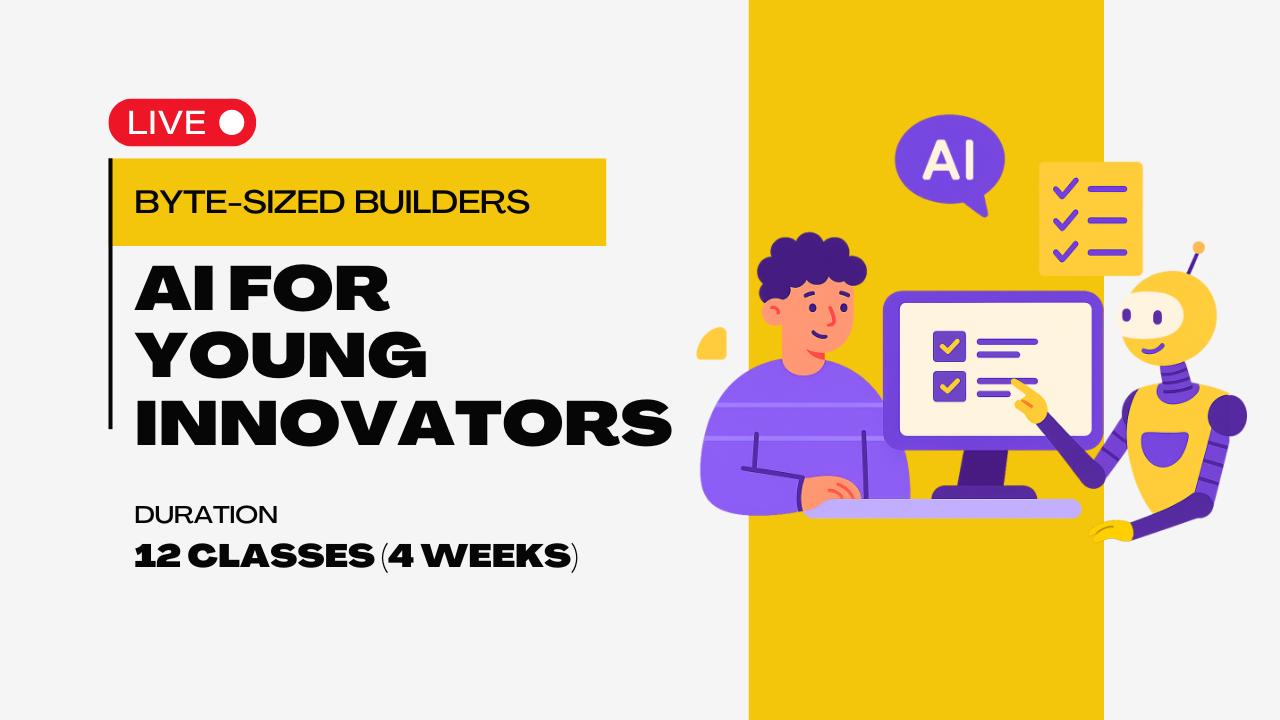
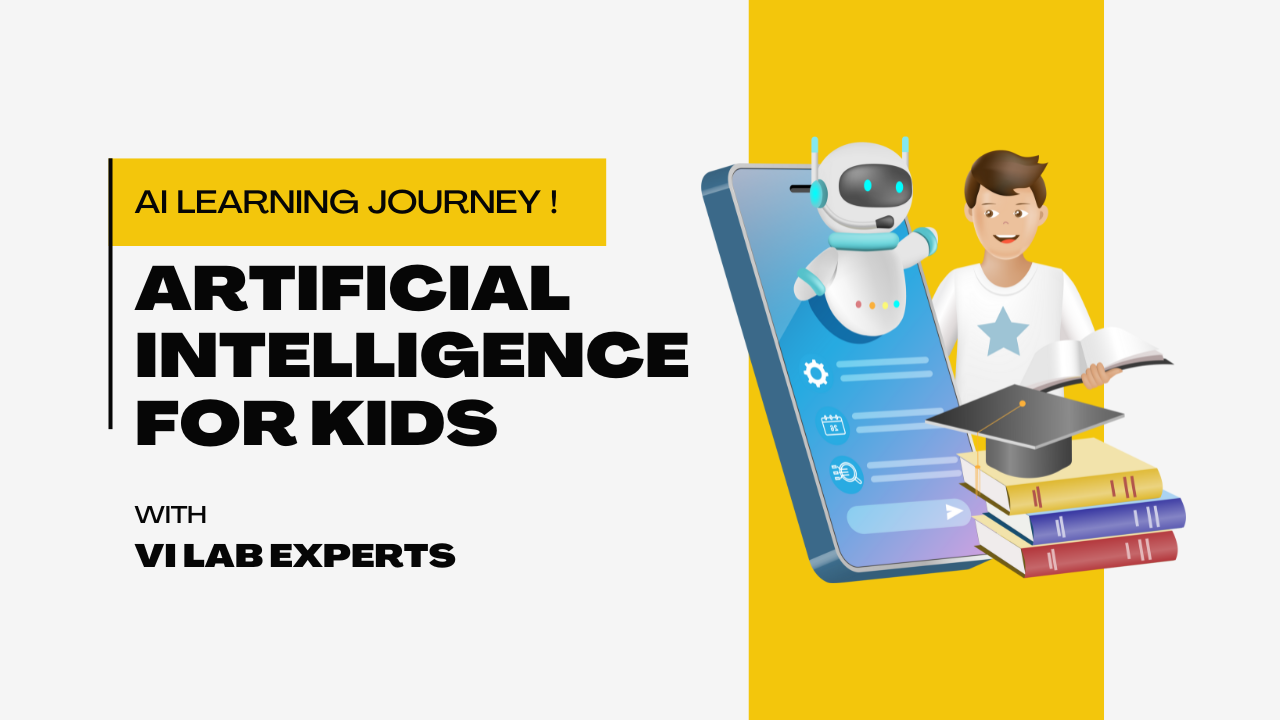
.png)
.png)
.png)
.png)
.png)
.png)
.png)

.png)
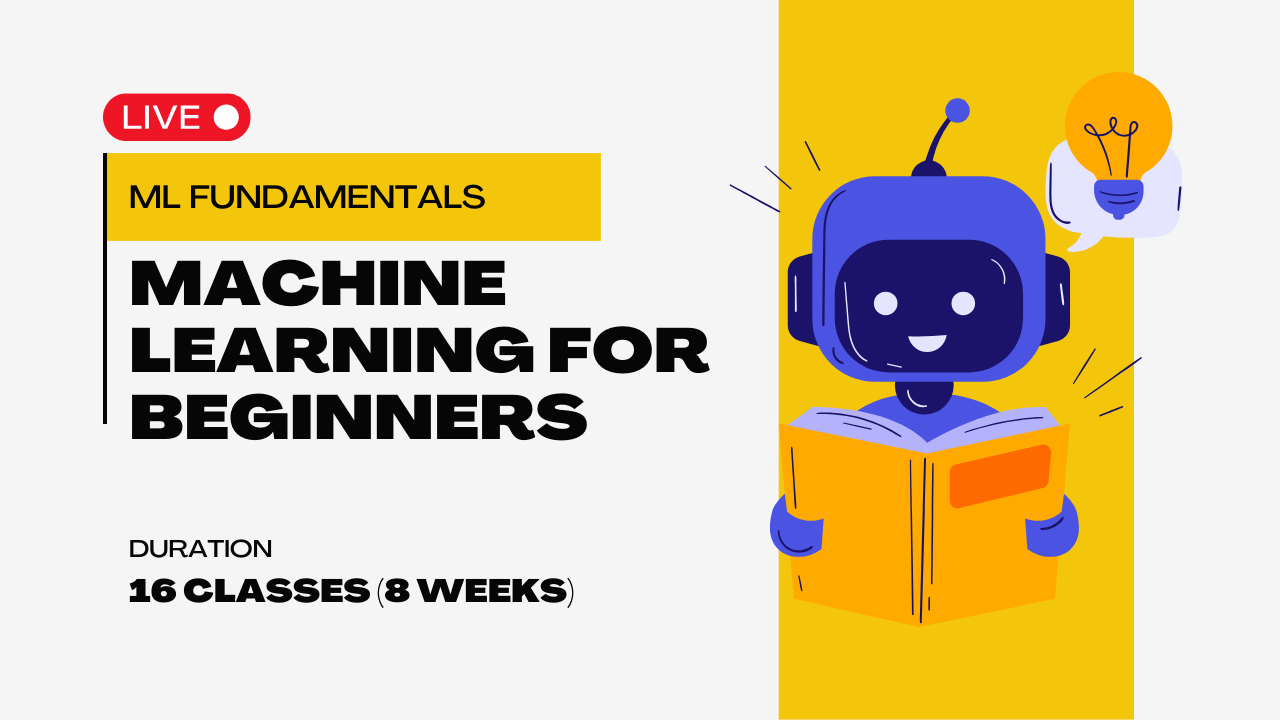
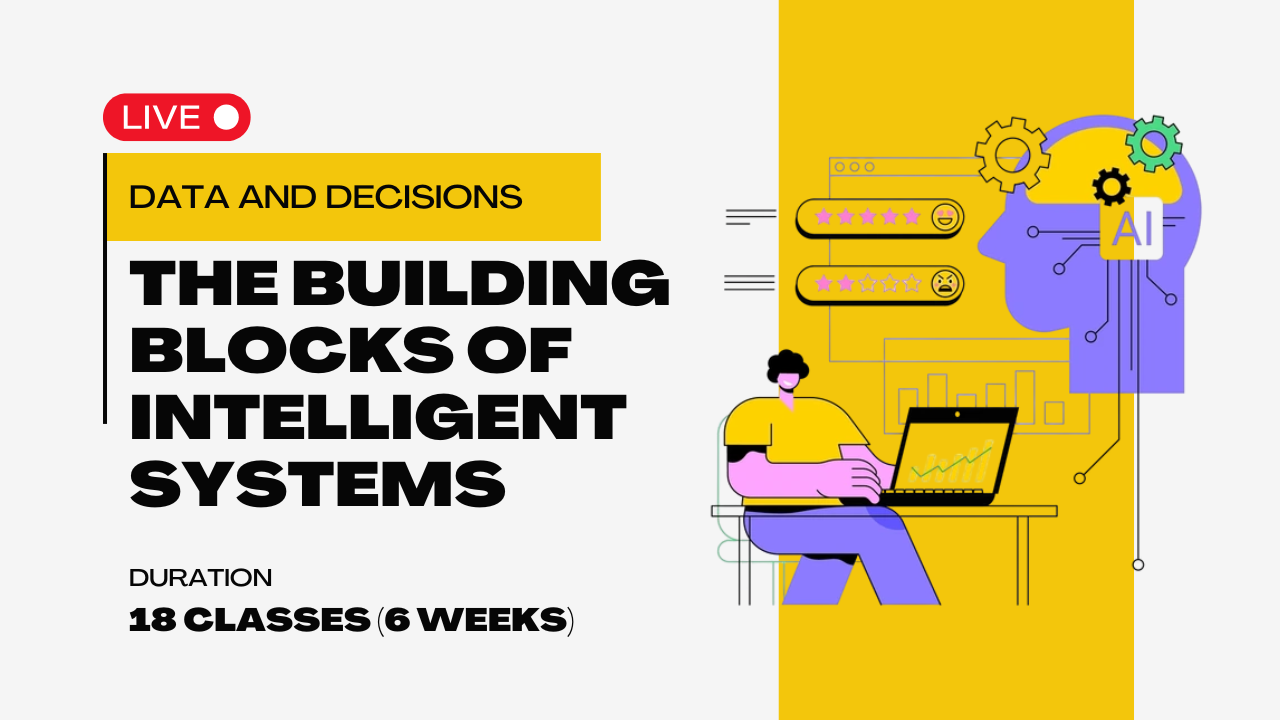
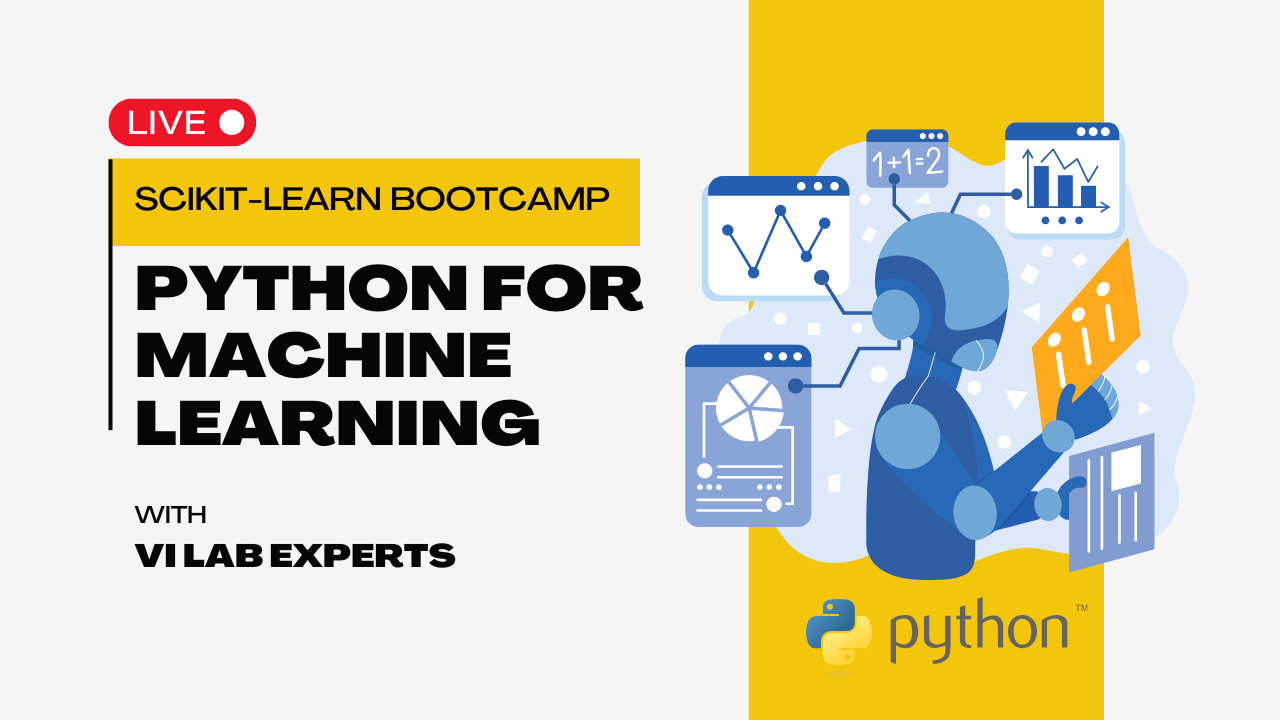

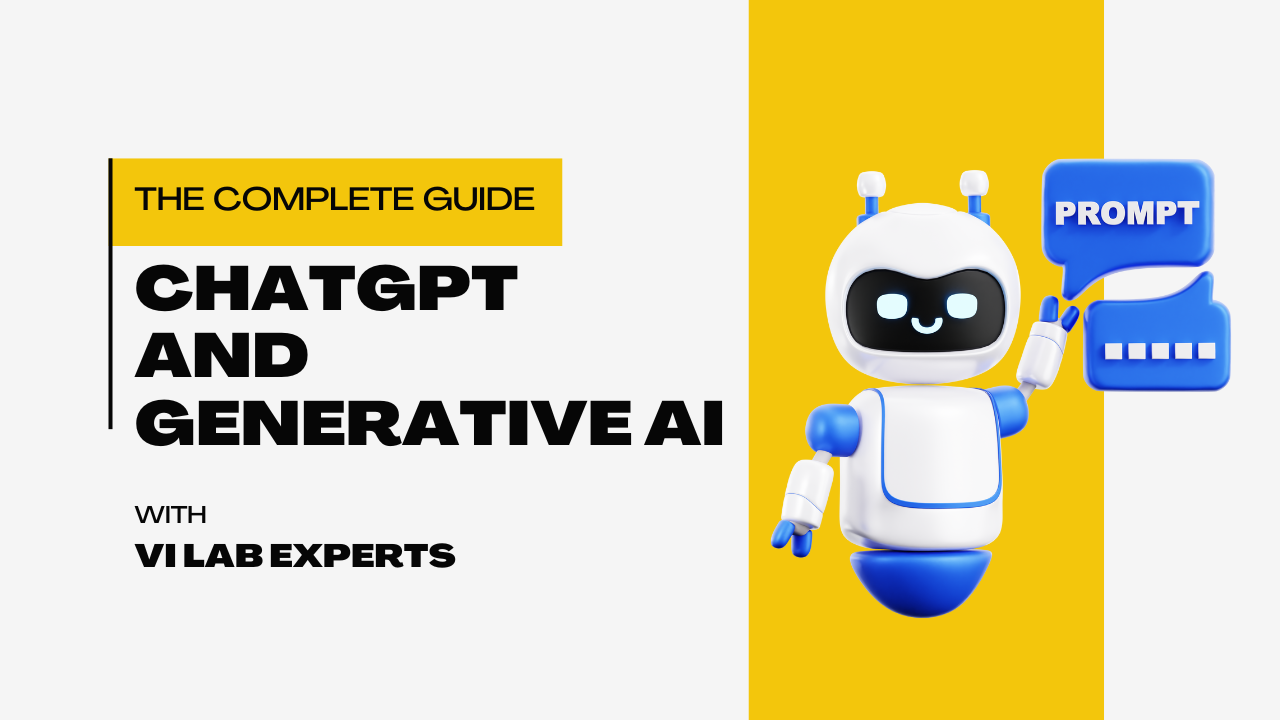
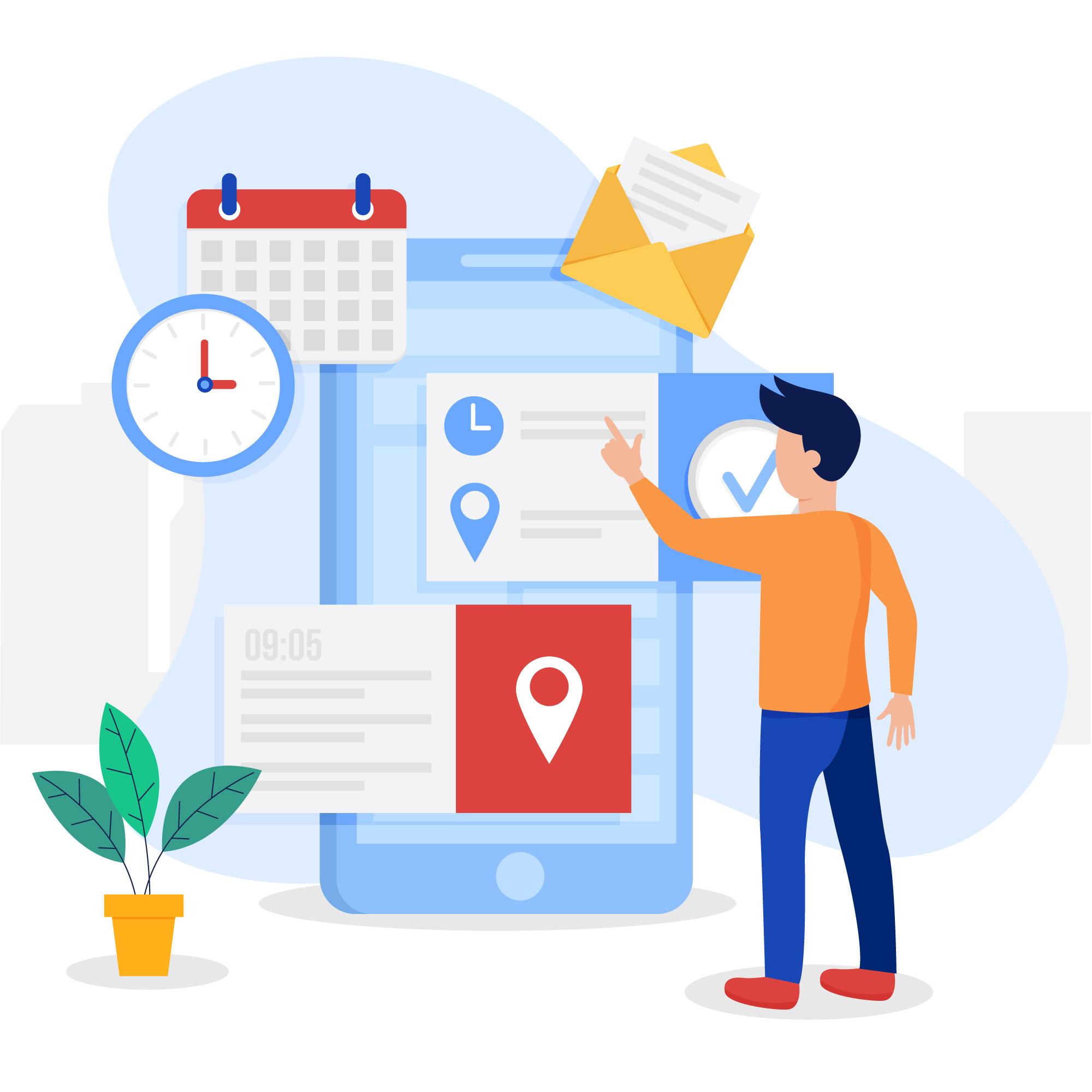
.png)



